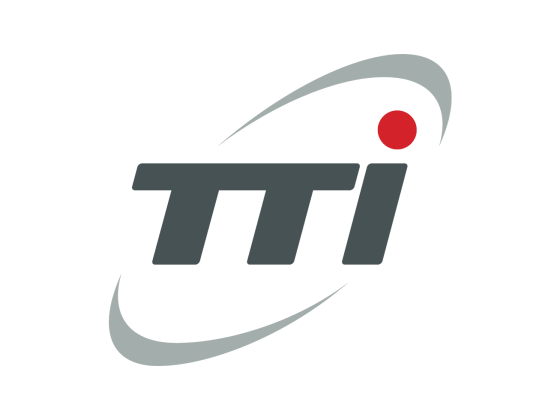Superintelligence extends beyond the realms of our current understanding of AI and involves a system that exhibits a level of intelligence that outperforms the brightest and most gifted human minds in practically all economically valuable work, including scientific creativity, general wisdom, and social skills. Superintelligence brings with it the concept of recursive self-improvement, where the AI is capable of continuous self-enhancement, leading to rapid advancements and emergence of intelligence levels far surpassing human capacity.
A key concept often discussed in relation to superintelligence is the “intelligence explosion” or the “singularity”. This refers to a point where an AI system becomes capable of autonomously improving its own design, triggering a cycle of rapid self-enhancement, leading to the emergence of superintelligence.
There are several proposed paths to superintelligence, including:
Artificial Intelligence.
Developing an AI system that can improve its own algorithms and capabilities.
Whole Brain Emulation.
Mapping and replicating the entire structure of a human brain in a computer system. This would hypothetically create a digital version of human intelligence that can then be enhanced.
Biological Intelligence Augmentation.
Enhancing human intelligence using biological modification or interfaces between the human brain and computers. This could hypothetically lead to “human-level” superintelligence.
Genetic Engineering.
Genetic modification and selective breeding over many generations could potentially produce individuals with intellectual abilities significantly beyond the current human level. This would be a slow process by the standards of digital technology, but might be pursued by civilizations with long lifespans or by those who eschew AI for cultural or philosophical reasons.
Quantum Computing.
Quantum computers, when fully realized, have the potential to solve certain types of problems exponentially faster than classical computers. It is conceivable that quantum computing could lead to breakthroughs in AI that are difficult to predict with our current understanding of both quantum physics and intelligence.
Alien Or Extra-Terrestrial Intelligence.
It is a more speculative path but cannot be completely ruled out. The universe is vast, and we might come into contact with non-human intelligence that far surpasses our own, either through communication or by studying artefacts they have left behind.
We are still far from deliberately creating superintelligence. Current AI systems, including the most advanced ones, operate under narrow, highly specific domains and lack the ability to understand or learn anything that they were not specifically trained on.
Moreover, the development of superintelligence raises important ethical, safety, and governance questions. It is possible that a superintelligent AI system could cause harm if not properly aligned with human values or if it falls under the control of malicious actors. Therefore, significant research is being conducted in the field of AI safety and ethics to ensure the responsible development and deployment of advanced AI systems.
Given the profound implications of superintelligence, discussions on the topic often extend beyond the purely technical and into the philosophical, ethical, and societal realms. Hence, its development and regulation involve a broad spectrum of stakeholders, including AI researchers, ethicists, policymakers, and the general public.












